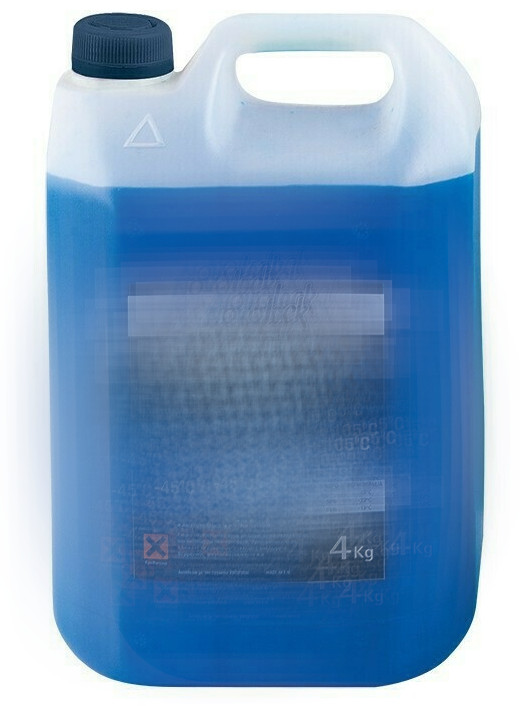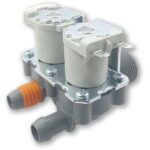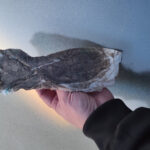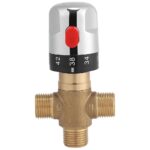Antifreeze in solar water heaters
To operate efficiently and safely throughout the year, the solar water heater must be protected from the low temperatures of winter. At this point, antifreeze liquid plays a crucial role.

What is Antifreeze Liquid?
Antifreeze is a special liquid added to the thermal fluid circuit in solar water heaters. It mainly consists of glycol (usually propylene glycol or ethylene glycol) and is mixed with water to prevent freezing when the temperature drops below zero.
What is its Function?
The main functions of antifreeze are:
- Freeze Prevention: When the temperature drops, water without antifreeze can freeze, causing pipe bursts and damage to the collector and boiler.
- Corrosion Prevention: Most antifreeze liquids contain additives that protect the metal parts of the circuit from corrosion.
- Stable Performance: It helps the solar water heater maintain its performance even under harsh weather conditions.
What Are the Characteristics of a Suitable Antifreeze?
When choosing antifreeze for your solar water heater, it is important to consider the following:
- Resistance to Low Temperatures: It should provide protection down to -20°C or lower, depending on your region.
- Non-toxicity: Propylene glycol is a safer choice for domestic use because it is non-toxic.
- Anti-corrosion Properties: Protects pipes and metal parts from rust.
- Compatibility with the System: Check if the antifreeze is suitable for the type of solar water heater you have.
When Should Antifreeze Be Replaced?
Antifreeze replacement should be done every 2-4 years, depending on the manufacturer’s instructions and usage conditions. Its lifespan decreases over time as the chemical additives degrade. If you notice the system is not performing as before or there are signs of corrosion, it may be time for inspection and replacement.
How is Antifreeze Added or Replaced?
- Drainage: Remove the old liquid from the closed circuit.
- Cleaning: In some cases, it is necessary to clean the pipes to remove residues.
- Refilling: Add the new antifreeze to the circuit according to the manufacturer’s instructions.
Note: If you do not have experience with these procedures, it is advisable to consult a specialized technician.
What Problems Does the Absence of Antifreeze Cause?
Without antifreeze, the system can suffer serious damage, such as:
- Pipe bursts due to freezing.
- Significant reduction in performance.
- Repair costs that could have been avoided.
Conclusion
The use and proper maintenance of antifreeze in solar water heaters is essential to protect the system from low winter temperatures and to ensure its long-term performance. Invest in a quality antifreeze and schedule regular maintenance to avoid unpleasant surprises.
- Improvements in the Placement of the Data Logger - 29 January 2025
- Solar Water Heater Statistics – December 2024 - 10 January 2025
- Washing machines with dual water supply - 24 December 2024











